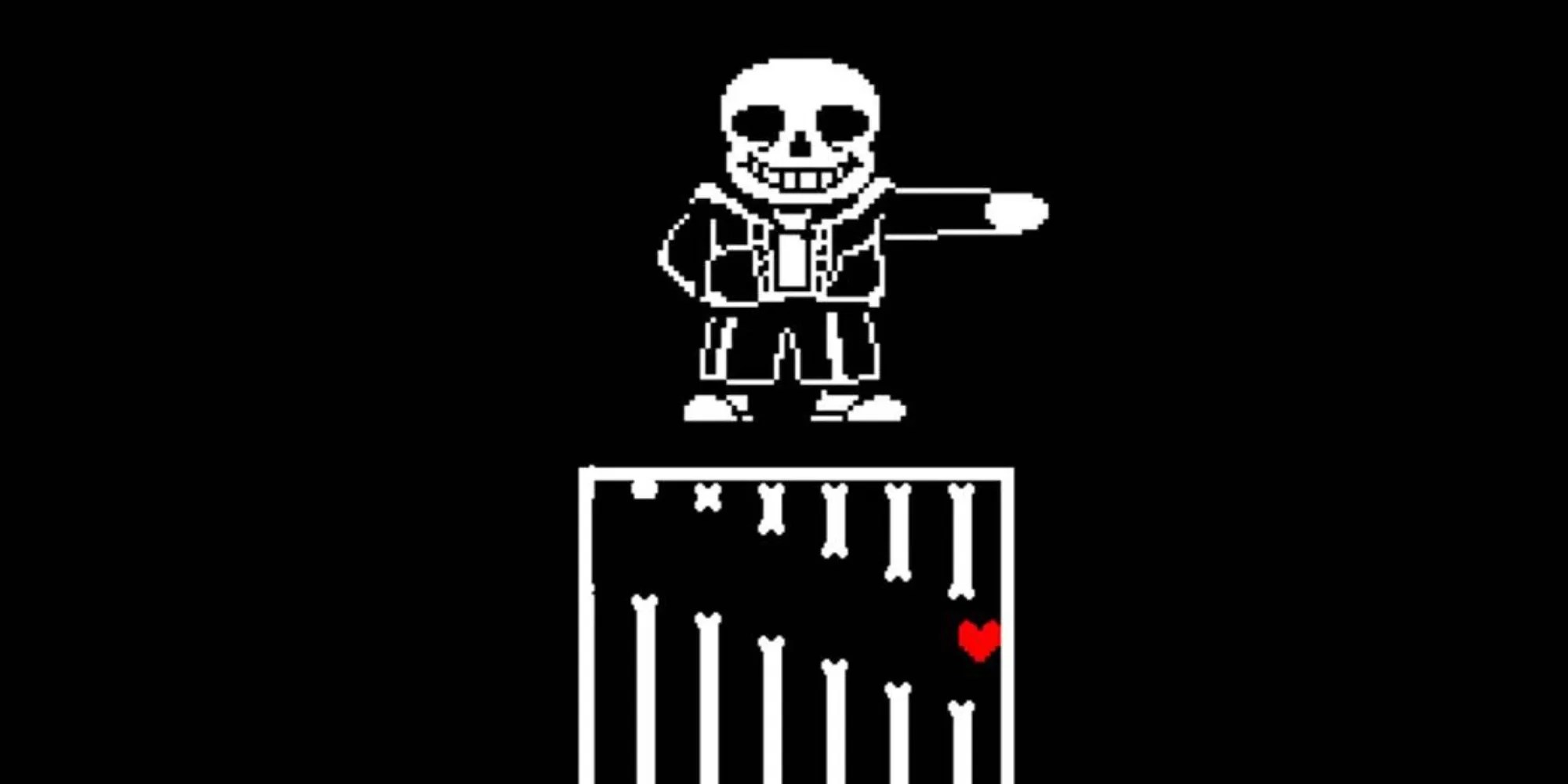Summary
Most stories follow some form of the tried and true hero’s journey. Some video games will then work to subvert those expectations, having players traverse their carefully crafted stories from what many would consider the wrong, or evil, side of the fence.
Others take it a step further, allowing the player to watch as a character they spend hours controlling first-hand spirals into what could only be described as a bona fide villain. And sometimes that fall might be a direct result of the choices made throughouta given playthrough.

What Makes You The Bad Guy?
At the beginning ofThe Last of Us Part 2it’s clear that Ellie has been able to spend several years simply growing up, enjoying her teen years. She and Joel have fallen out over his decision to save her from the Fireflies at the end of the last game, robbing her of the chance to effectively save the world.
That anger morphs into something else entirely, though, when she, and frankly, the player, experiences the tragic loss of Joel shortly after the title card. The many hours that follow see Ellie on a quest for revenge, falling deeper into darkness. Something that Ellie seems to realize during her confrontation with Mel and Owen in a Seattle aquarium that leaves them and Mel’s unborn baby dead. Yet Ellie’s rampage continues.

The player-named child protagonist spendsUndertaletrying to escape the mysterious underground world they find themselves in, andmight make a few deadly mistakes along the way. But that’s ok, as Sans' ending message to the player will highlight some of the bad, but will ultimately not be too scathing.
However, if players eventually try an aptly named Genocide run, things go a bit differently. “Enemies” will beg for mercy or show genuine hatred toward the player as their lives are taken. Sans', too, keeps things much shorter, as there’s not much left for him to comment on. As messed up as they can be, these runs will effectively reframemuch of the game, as well as the players' morals, through a pretty villainous lens.

Take On A Villainous Role
Both Cole and Delsin are living regular lives before their adventures begin, with the former, a regular deliveryman, while the latter is a lovable artistic delinquent. Both simply trying to make a living as normal people. After they each get their powers, though, their futures are decided by what kind of super individual they want to be.
It might be fun for players to let loose with their newfound abilities. But, letting that power get to their heads can lead to making some evil decisions, which then turn into dire consequences. For instance, inInfamous 2, Cole can find himself taking the life of his best friend, while inInfamous: Second Son, Delsin can be exiled from his community if he loses himself to the dark side.

The doe-eyed main character ofFar Cry 3, Jason Brody, and his friends are having a fun, debauchery-laden outing in a foreign country when the game opens, leading to them drawing the attention of some murderous pirates looking for their next score. It’s clear that none of these partyers came equipped to deal with such a harrowing situation.
After they escape from captivity and the murder of his brother, Jason has to adapt to the cutthroat rules of Rook Island if he wants to survive. He learns his way around guns and melee weapons and does some side jobs for the natives of the island, who, of course, aren’t really who they seem. This culminates in the player’s final choice, where they can choose to succumb to the call of the island and ultimately be sacrificed.

Fable’s story starts off innocent enough, putting players in the shoes of a young kid doing odd jobs to buy their sister a birthday present. But after their village is attacked, they’re set on a path to become the warrior they have always dreamed about.
What kind of warrior is up to the player, with many deciding that being bad is the best way to get what they want. Of course, some story decisions will help in making strides toward becoming evil, like choosing to finish off the main character’s childhood friend in The Arena. Everything from murder to double-crossing allies to spousal abuse can negatively affect alignment, and even change the way the player looks.

Mass Effectis all about navigating nasty politics while trying to save the people from a growing existential threat in the Reapers. As the story begins, Commander Shepard is seen as a good option for someone who can do just that. Renegade players work to prove those suits wrong at just about every turn, though.
By the third game in the series, players will have made tons of decisions coloring the nuances of Shepard’s journey. They may have killed Mordin to stop him from curing the Genophage or punched reporterKhalisah al-Jilani in the face. Regardless, a Renegade playthrough is full of hilarious, and at times, far-reaching consequences that rear their heads in future games.

Captain Walker seems like a stand-up soldier, following his orders to save Colonel Konrad from a disheveled Dubai. A commendable mission, that, when completed, would surely provide some well-deserved accolades to the Captain and his squad. However, what follows is a descent into madness that has the playerevaluating their own moral compass.
Choices are presented to the player, but none of them hold any real bearing on the story, as the “bad” thing often happens anyway. For example, the decision can be made not to use white phosphorus on what is thought to be enemy combatants, but the game won’t progress unless the deed is done. And none of the endings to the game allow the player to come back from what went down during the previous few hours. These impossible decisions' true purpose is to show the player just how far a situation like this can drag someone down.